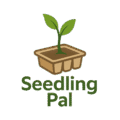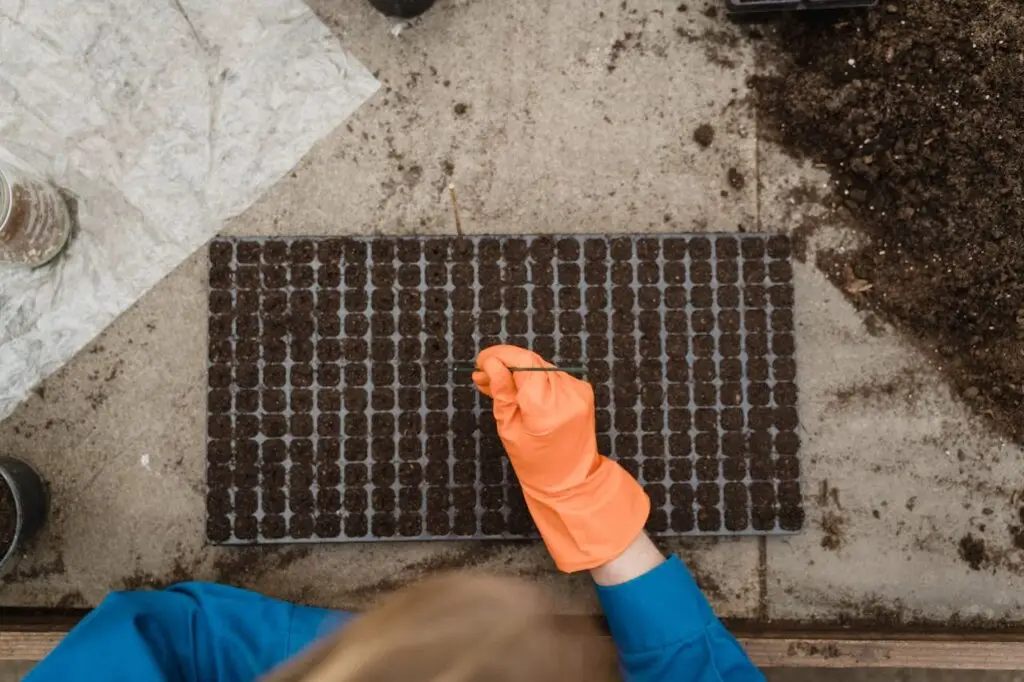In modern agricultural production, seedling trays are not just planting tools — they’re a foundation of standardized and efficient cultivation.
For vegetable farms, nursery companies, and horticultural brands, a well-designed, customized seedling tray can significantly improve germination rates, shorten transplanting cycles, and reduce overall labor costs.
As a professional seedling tray manufacturer, we understand that B2B clients are not looking for DIY guides — they want cost-effective, fully customized solutions that fit their specific crops, equipment, and production goals.
This article explains the full customization process from a B2B perspective.
1. Why Custom Seedling Trays Are Essential for Businesses
For agricultural enterprises, standard trays don’t always meet the needs of different crops or production systems.
Customized seedling trays offer clear business advantages:
1.1 Improve Germination Efficiency and Seedling Quality
Each crop has different root structures and nutrient requirements.
By customizing the hole count, diameter, and depth, companies can achieve the ideal density and moisture balance — resulting in higher germination rates and more uniform seedlings.
1.2 Reduce Labor and Management Costs
When trays are built to precise specifications, they integrate better with automated seeding, irrigation, and transplanting systems, minimizing human labor and management complexity.
1.3 Strengthen Brand Competitiveness
For horticultural brands and export-oriented companies, custom tray designs also serve as brand identifiers, showcasing professionalism and consistency across operations.
2. Key Specifications for Custom Seedling Trays
Before launching a custom order, every B2B customer should define four critical parameters:
2.1 Hole Count and Diameter
Common specifications include 32, 72, 128, or 200 holes per tray.
Fewer, larger holes are suitable for fruit and vegetable crops, while more, smaller holes are ideal for fine seeds like lettuce or herbs.
2.2 Depth and Volume
Depth determines how roots develop and how easily seedlings can be transplanted.
Typical recommendations: 4–6 cm depth for fruiting crops (e.g., tomatoes, peppers) and 2–3 cm for leafy greens.
2.3 Material Selection and Cost Balance
PP, PS, and PET plastics are widely used for their lightweight durability.
For export clients or eco-friendly projects, biodegradable materials are also available.
2.4 Budget and Order Quantity
The cost per tray depends on mold setup and total order volume.
Typical MOQ (Minimum Order Quantity): 500–1000 pieces.
Mass production starts after sample approval.
3. Standardized Customization Process
| Stage | Description | Deliverable |
|---|---|---|
| 1️⃣ Requirement Discussion | Identify application, crop type, tray size, and budget | Technical Specification Sheet |
| 2️⃣ Design & Drawing | Use client’s drawing or create one in-house | 2D/3D CAD Design |
| 3️⃣ Sampling & Testing | Produce and verify sample trays for performance | Sample Confirmation Report |
| 4️⃣ Mass Production | Mold manufacturing → QC → Packaging & Delivery | Final Bulk Shipment |
Lead Time: Sampling takes 7–10 business days; full production typically 15–25 business days.
4. Materials and Manufacturing Techniques
4.1 PP, PS, PET Plastic Trays
Durable, lightweight, and affordable — perfect for large-scale agricultural operations.
4.2 Biodegradable & Eco-Friendly Options
Made from cornstarch or other plant-based materials — suitable for organic farms and export clients following sustainability standards.
4.3 Vacuum Forming vs. Injection Molding
- Vacuum Forming: Lower cost, ideal for lightweight trays and mass production.
- Injection Molding: High precision, stronger structure, reusable for long-term use.
5. Conclusion: Professional Customization Makes Production More Efficient
A well-designed seedling tray can make a huge difference in cultivation efficiency and quality.
From design and sampling to mass production and delivery, our team provides one-stop professional customization services tailored to every client’s needs.
Whether you’re a nursery grower, agricultural enterprise, or international distributor, we help you build efficient, durable, and brand-enhancing seedling tray solutions.
Want to learn more about our full customization process and services?
👉 Contact us today to discuss your specific project requirements — we’ll help you turn your seedling tray ideas into high-quality, production-ready solutions.

